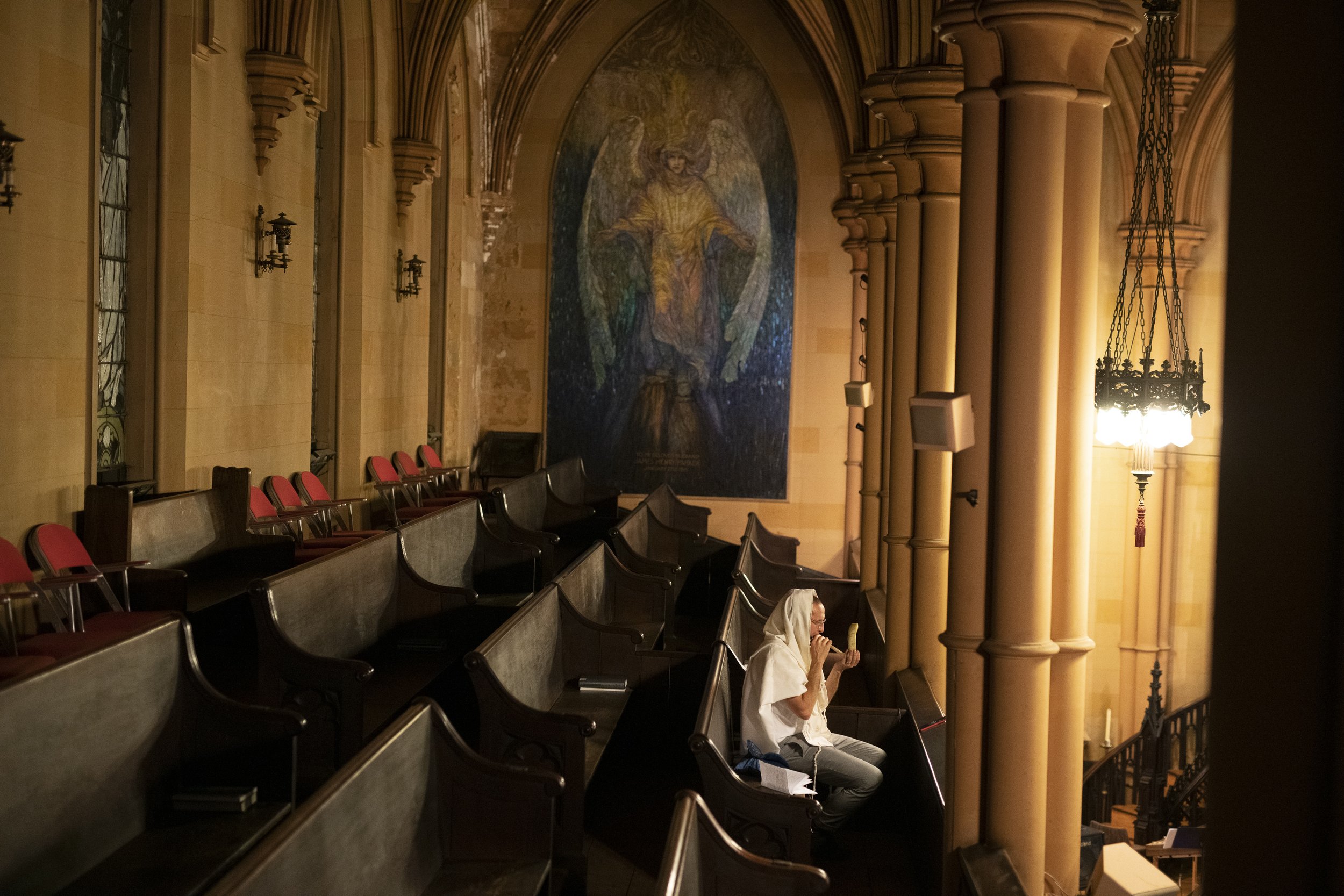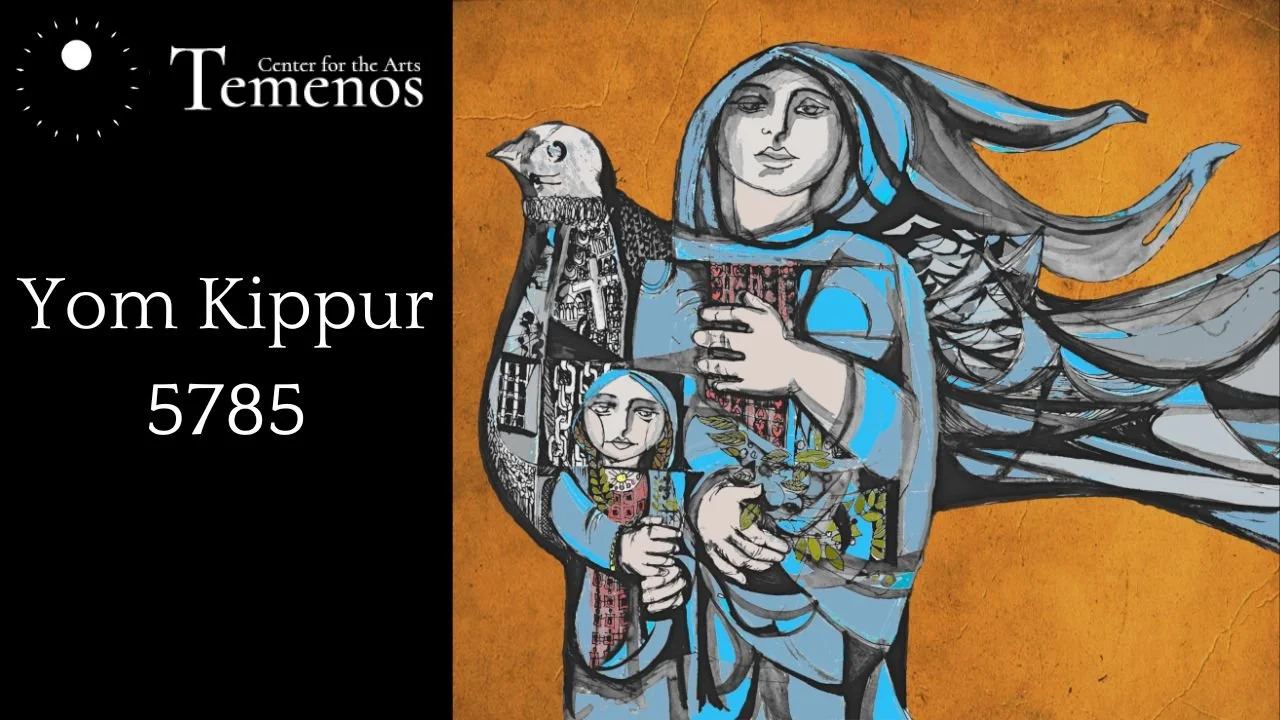
Join Rabbi Zach Fredman, the Epichorus & friends to celebrate the ceremonies of the New Year (in-person or live-streamed).
Our ceremonies are woven with transportive music, philosophical depth, breathing and meditative quiet, playfulness, tenderness, moments for healing, mourning, vulnerability and transformation. Everyone is welcome - Jewish not Jewish, and everything in between. We include the highlights of the tradition, our hearts attending to the repair of the personal and the collective.
We won’t have separate programming for kids, but they’re encouraged to join the party … sing, dance, scream and heckle the rabbi.
First Unitarian Church of Brooklyn
48 Monroe Place, Brooklyn, NY 11201
Kol Nidrei (Oct. 11th, 6:30pm) NYC
Yom Kippur (Oct. 12th, 10:00am) NYC
In 1903 W.E.B. Du Bois published an essay on the blues and spiritual song traditions that emerged from the black experience of slavery titled, Of the Sorrow Songs. Du Bois examines how song becomes a form for the expression of suffering and horror that defy the confines of direct language. How do we tell stories of violence, trauma, and dehumanization, in spaces of artistic practice?
We are interested in the examination and performance of sorrow songs that emerge across diverse lineages through the historical traumas of humanity. How have communities written their histories of trauma into song and other art forms that become fields for integration? What is the conversation between personal and collective histories of trauma? How does distance from trauma, racial, spatial and temporal, affect the processes of memory, artmaking, ethics and politics. How does beauty intermingle with trauma in mediums of artistic practice? What are the sorrow songs that you carry? What carries you through? What are the ethical implications of our sorrow songs?
Since October, Temenos has called for a ceasefire and protested the genocide of Gaza. We will continue to be a space that gives expression to the universal humanism inherent in Jewish mysticism. We will work to humanize the oppressed and the oppressors, as we pursue the expression of decolonized spirituality and collective liberation.
Submissions should be 3-8 minutes in length, and can touch upon any medium, song, story, art, performance, etc. They will be offered at our High Holiday ceremonies, and throughout Temenos Season 4.

Homework
Elul, the month leading to the new year, offers a season hungry for introspection and practices of devotion. Here are some books we are reading together: Bashir and Goldberg’s collection of essays The Holocaust & the Nakba is a profound exploration of the confounding ways in which Palestinian and Jewish traumas are intertwined. Parting Ways by Judith Butler takes up many of the core questions at work in distinguishing Judaism & Zionism. Peter Levines’s, Waking the Tiger is one of the classics in the field of trauma studies, and is helpful in the examination of tribal trauma. The Land Where the Blues Began, by pioneering folklorist and ethnomusicologist Alan Lomax tells stories of the Jim Crow south and the first recordings of the blues musicians of the Mississippi Delta. Ilan Pape and Edward Said, Ten Myths About Israel and On the Question of Palestine, examine alternative histories to the Zionist narratives many Jews grew up on. And W.E.B Dubois’ The Souls of Black Folk explores black life in the second generation after emancipation, the final essay, Of the Sorrow Songs.
Of the Sorrow Songs (a playlist)
Explore the aural ethnography we pursued in the exploration of how the blues functioned as a vessel for transmuting trauma.
שנה טובה
Our livestreams will appear on the links below in the days before the holidays, until then, here are some early masters of the blues. Digital Prayerbooks for Evening Rosh Hashanah, and Rosh Hashanah Morning.




